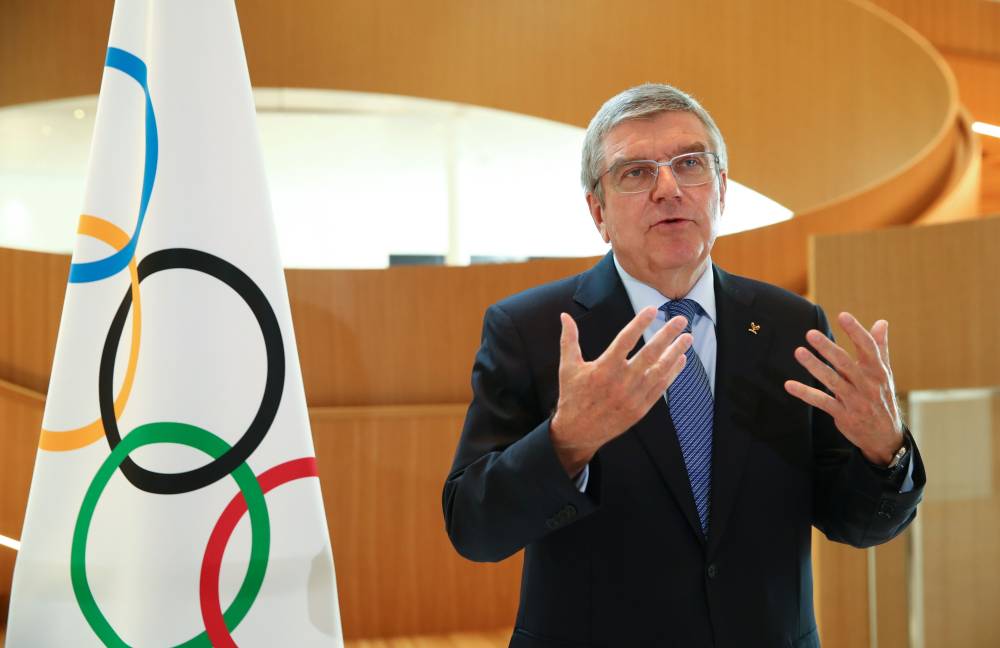On March 24, Prime Minister Shinzo Abe asked the International Olympic Committee to postpone the 2020 Tokyo Olympic and Paralympic Games. The press has been of two minds as to which side instigated the idea, since a few days earlier a prominent member of the IOC publicly mentioned the possibility of postponement. The decision is one that only the IOC can make and, for a month prior to Abe's announcement, domestic publications were filled with will-they-or-won't-they stories as the crisis level of the coronavirus epidemic rose worldwide. Until then, the sense of urgency hadn't been as acute in Japan. Local officials kept assuring the press there was no plan to call off or push back the games even though it wasn't technically those officials' call. But once Canada announced it wouldn't be sending athletes, the pressure to do something became too much.
By no means were media organizations caught off guard, and prior to the announcement many outlets were trying to figure out what cancellation or postponement would mean to Japan economically, since, of course, money is and always has been the driving force behind Tokyo's determination to acquire and then take advantage of the right to hold the games. Most media, including NHK, went to professor emeritus Katsuhiro Miyamoto of Kansai University, an expert on sports economics, for numbers that would put the matter into perspective. On March 19, he concluded that the "economic damage" from postponing the Olympics for one year would be about ¥640.8 billion and that canceling the games would cost about ¥4.5 trillion.
Breaking the postponement numbers down, Miyamoto pointed out that if the Olympics were put off for a year, there would be an additional cost of ¥22.5 billion in terms of extra maintenance costs for venues and the Olympic Village. Another ¥390 billion would be needed by related groups to keep their organizations in place for a year. And post-Olympics effects would take a hit of ¥218 billion as a result of a delay.


















With your current subscription plan you can comment on stories. However, before writing your first comment, please create a display name in the Profile section of your subscriber account page.